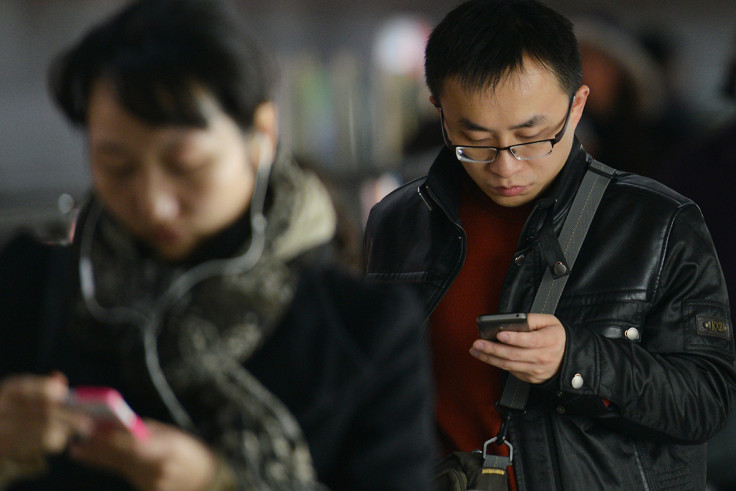China tests use of WeChat account as official digital ID but could it boost government surveillance?
WeChat IDs would be considered legitimate even in situations where a physical ID is otherwise required.

China has reportedly begun tests to see if the locally popular social media app, WeChat, can be used as a state-sanctioned electronic ID.
Tests are already underway in a limited capacity in the Nansha district of Guangzhou, the capital city of the Guangdong province. However, a more wide-spread rollout of the tests are expected to occur in January 2018.
The WeChat ID system will reportedly allow Chinese citizens to scan their faces using the WeChat mobile app to create a unique digital ID card. The ID card could then be used by people to check into hotels, buy flight tickets and enroll in government programmes.
Xinhua news agency reported that WeChat IDs would be considered legitimate even in situations where a physical ID is otherwise required, such as entering airports and opening bank accounts. In other words, Chinese citizens will likely no longer have to carry their physical IDs with them everywhere.
WeChat, one of the few social media apps not shut down by Beijing, is immensely popular in the country, with over 900 million users. Unlike other internationally popular messaging apps such as WhatsApp or Facebook Messenger, China has unfettered access to user data from WeChat. This is because citizens can only open a WeChat account using a mobile phone number and obtaining a SIM card in China involves providing a copy of your physical ID to the telecom provider. By law, all telecom providers in China must cooperate with law enforcement, even handing over user data, when required.
While the new move could help Beijing curb fraudulent ID crimes, it could also help boost China's digital surveillance efforts. It is still unclear, however, whether WeChat IDs could help China expand its already extensive surveillance capabilities.
Over the past few years, China has ramped up surveillance of its citizens, including launching an extensive network of CCTV cameras. In July, Beijing stepped up surveillance of its Muslim minority population by forcefully installing a spyware on their phones.
In November, the Human Rights Watch (HRW) criticised China's new Minority Report-like pre-crime system, called Police Cloud, that allegedly tracks and predicts the actions of activists, dissidents and ethnic minorities.






















